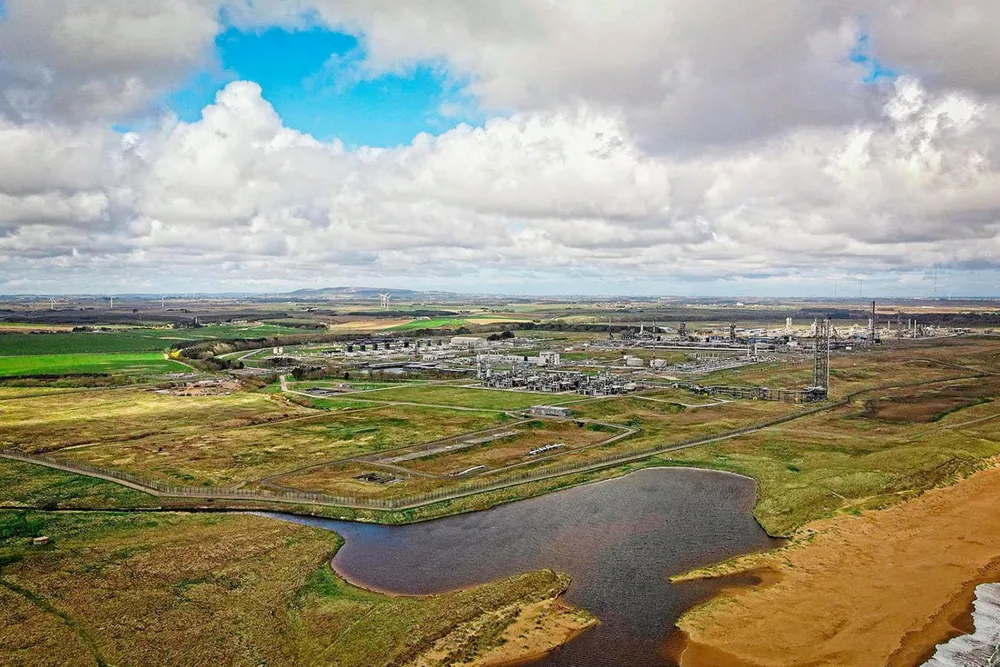ExxonMobil joins Acorn carbon capture and storage project in Scotland
US giant joins Shell and Harbour Energy on a development that could store more than 20 million tpa of CO2 by the mid-2030s

US giant joins Shell and Harbour Energy on a development that could store more than 20 million tpa of CO2 by the mid-2030s
